To provide the best experiences, we use technologies like cookies to store and/or access device information. Consenting to these technologies will allow us to process data such as browsing behaviour or unique IDs on this site. Not consenting or withdrawing consent, may adversely affect certain features and functions.
The technical storage or access is strictly necessary for the legitimate purpose of enabling the use of a specific service explicitly requested by the subscriber or user, or for the sole purpose of carrying out the transmission of a communication over an electronic communications network.
The technical storage or access is necessary for the legitimate purpose of storing preferences that are not requested by the subscriber or user.
The technical storage or access that is used exclusively for statistical purposes.
The technical storage or access that is used exclusively for anonymous statistical purposes. Without a subpoena, voluntary compliance on the part of your Internet Service Provider, or additional records from a third party, information stored or retrieved for this purpose alone cannot usually be used to identify you.
The technical storage or access is required to create user profiles to send advertising, or to track the user on a website or across several websites for similar marketing purposes.
 The idea of the cargo cult derives from anthropological observations made about the behaviour of societies that encounter more technologically advanced societies. In particular it is rooted in those rituals and objects created by Pacific islanders in an attempt to attract modern goods and technology and generally earn favour with people who they thought could prevent terrible events. (more…)
The idea of the cargo cult derives from anthropological observations made about the behaviour of societies that encounter more technologically advanced societies. In particular it is rooted in those rituals and objects created by Pacific islanders in an attempt to attract modern goods and technology and generally earn favour with people who they thought could prevent terrible events. (more…)









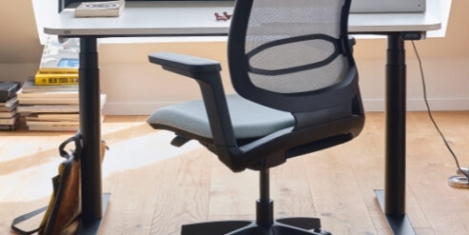
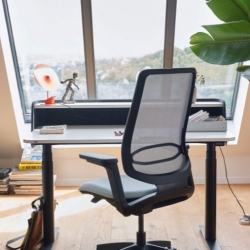

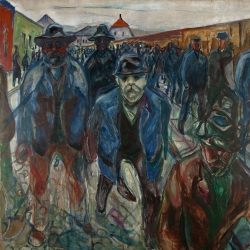
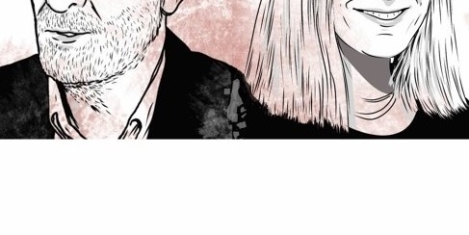
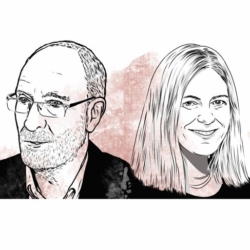





 The writer Alan Moore believes in magic. Not hocus-pocus magic, double double toil and trouble, but in the power of words and art to change reality and bring things into existence. It’s
The writer Alan Moore believes in magic. Not hocus-pocus magic, double double toil and trouble, but in the power of words and art to change reality and bring things into existence. It’s 


 The January 2022 issue of IN Magazine is now
The January 2022 issue of IN Magazine is now 










April 14, 2022
The lost art of office furniture peacocking
by Mark Eltringham • Comment, Workplace design